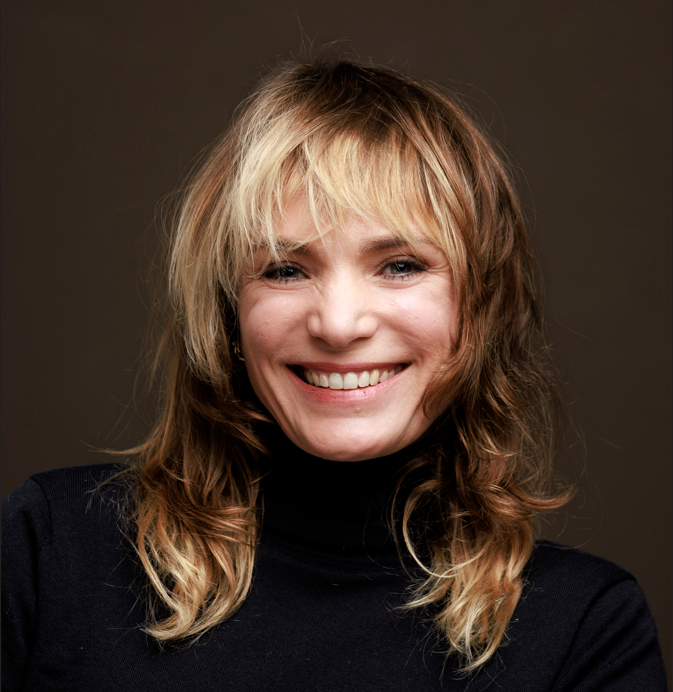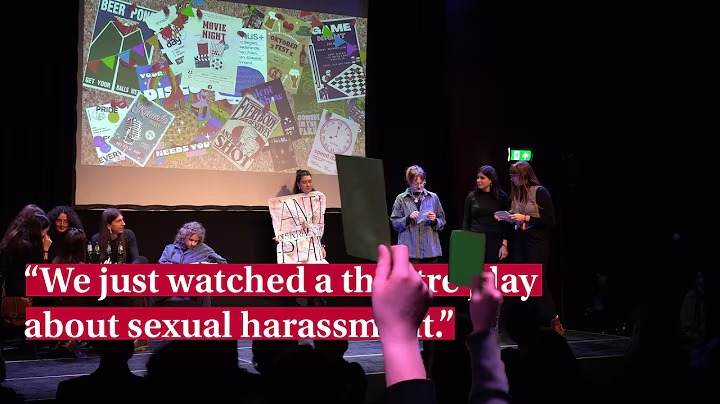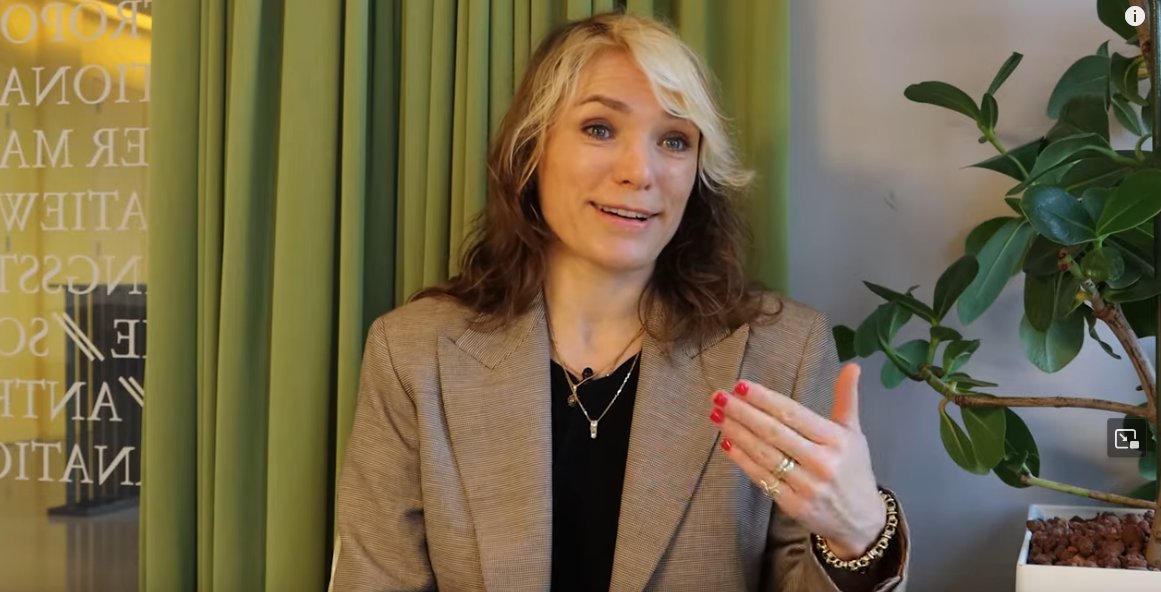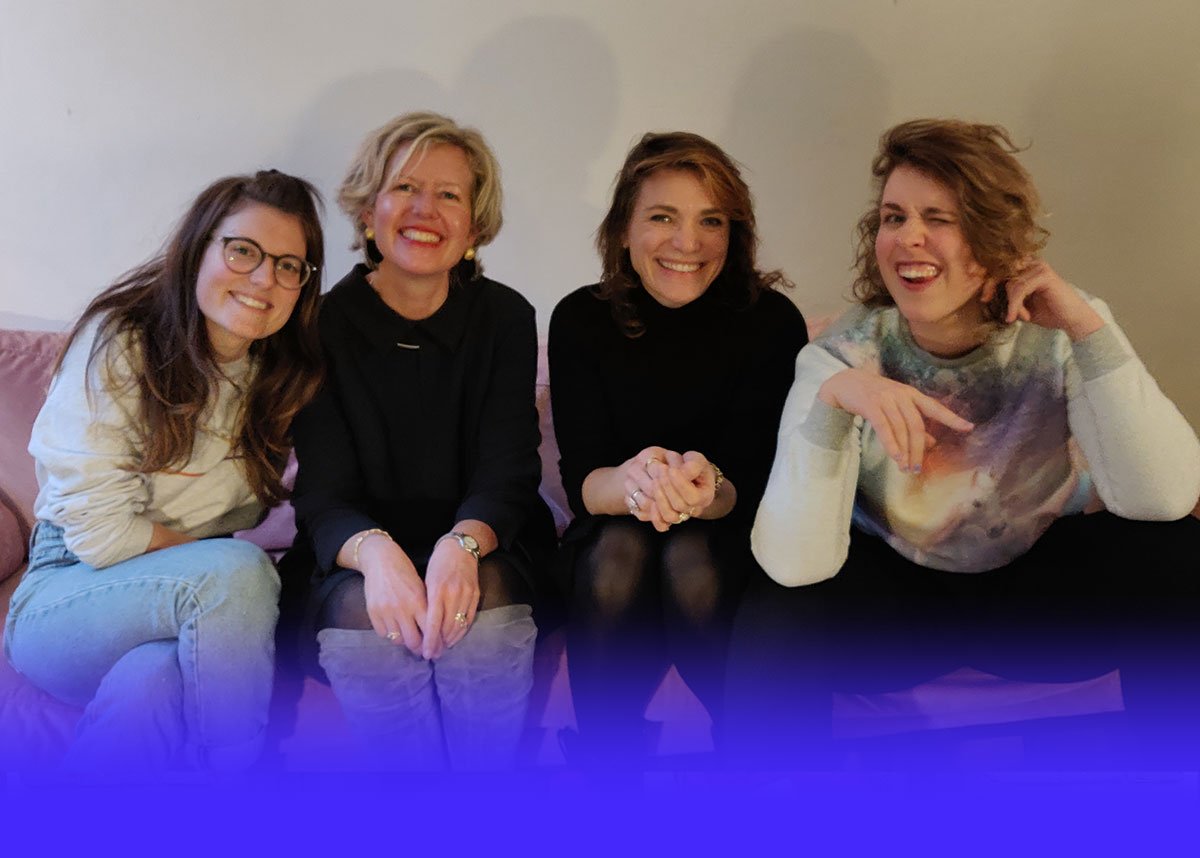About the project
Democratic societies view the representation of identifiable groups in parliament as a key means to give these groups political voice and to legitimize governance. While the parliamentary under-representation of both women and ethnic minorities has received considerable attention, much of this work has treated women and ethnic minorities as internally homogenous and conceptually separate groups. Once we acknowledge that people have both a gender and an ethnicity, hitherto unstudied questions arise:
- Which ethnic minority citizens enter parliament and why? For example, from 1998 to 2010, 80% of all ethnic minority members of parliament (MPs) in the Netherlands were women. In contrast to prevailing assumptions, the intersection of two marginalized identities does not automatically create 'double marginalization'.
- How does the intersection of gender and ethnicity influence what ethnic minority politicians promise to do for their 'own' group and what they do once they are elected? For example, do female ethnic minority MPs (claim to) act on behalf of all Dutch citizens, all women, a specific ethnic minority, or only the women within it?
- How and why do members of the native majority (claim to) represent ethnic minority interests, and how is this gendered? For example, conservative, male native-Dutch politicians often claim to defend the interests of female immigrants.
By pursuing these questions in the Netherlands, this project aims to understand political inclusion and exclusion based on the interaction of gender and ethnicity. The project will draw on interviews with ethnic minority MPs, leaders of immigrant and women's organizations and political parties, and content analysis of political campaigns and policy agendas. Diachronic comparison covering the eight parliamentary sessions since the election of the first ethnic minority MP in 1986 will reveal how institutional and contextual factors affect representation, in particular the backlashes against multiculturalism and feminism since the 1990s.

Veni grant Dutch Research Council (NWO) | 406.16.535 | 2013–2017





